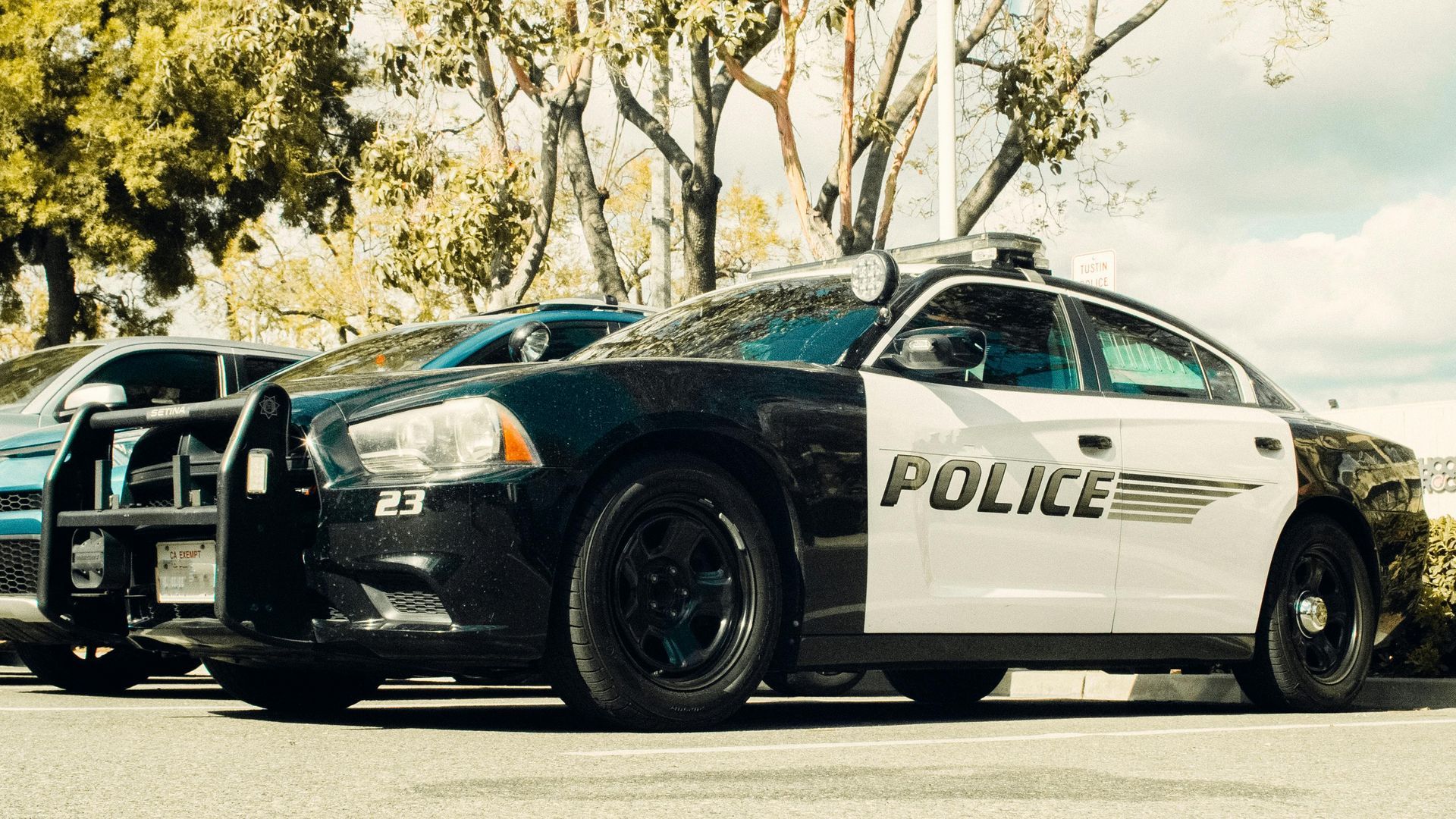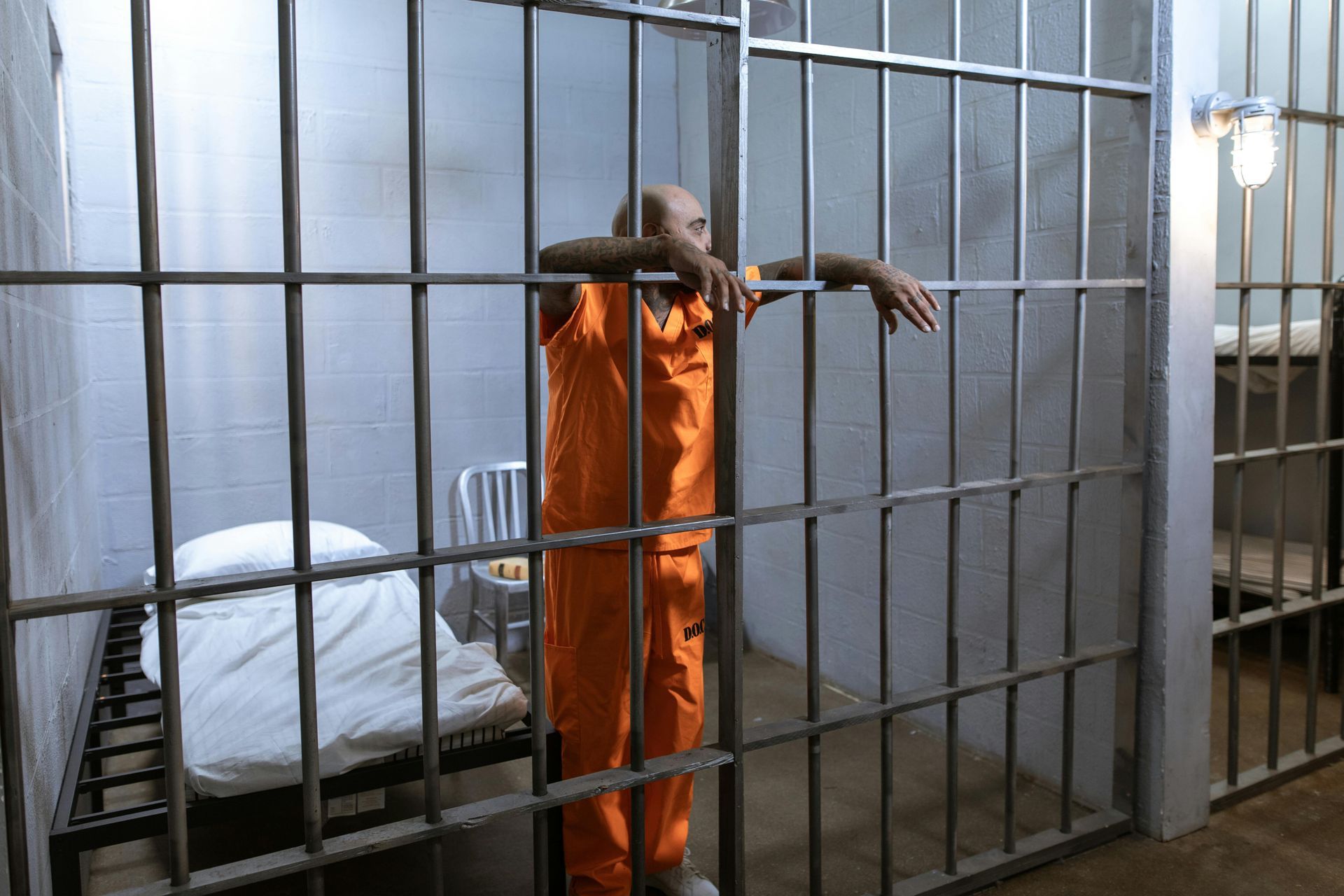Navigating DUI Charges with a Commercial Driver's License (CDL) in California
Understanding the Stakes: DUI Charges for CDL Holders
For commercial drivers, a DUI arrest is far more than just a traffic offense—it can jeopardize your livelihood. California holds CDL holders to stricter standards than regular motorists, and even a first-time DUI can lead to serious, long-lasting consequences. At the Law Office of Mac Morris, we are here to help the Plano public understand these implications and defend their rights effectively.
Lower Legal Limits for CDL Drivers
While most California drivers are considered legally impaired at a blood alcohol concentration (BAC) of 0.08%, the threshold for CDL holders is much lower. A BAC of just 0.04% while operating a commercial vehicle can lead to a DUI charge. It’s also important to understand that this limit applies only when the driver is behind the wheel of a commercial vehicle—while driving a personal vehicle, the standard 0.08% applies.
Penalties for CDL DUIs in California
The consequences of a DUI for CDL holders in California are harsh and can include:
- One-Year CDL Suspension: Even a first-time DUI conviction can result in a one-year suspension of your commercial license.
- Lifetime Disqualification for a Second Offense: A second DUI conviction can lead to a lifetime ban from holding a CDL.
- Job Loss and Career Impact: Most employers will not retain a commercial driver who has a DUI on their record, and getting hired elsewhere can be extremely difficult.
- Additional Criminal Penalties: These may include fines, probation, DUI classes, and possibly jail time.
Fighting for Your CDL and Your Future
Given the high stakes, it’s essential to act quickly and strategically. A skilled DUI defense attorney can:
- Investigate the validity of the traffic stop and testing procedures
- Challenge any violations of your rights
- Represent you at the DMV hearing and in criminal court
- Seek to reduce or dismiss charges when possible
At the Law Office of Mac Morris, we understand how much is at risk for CDL drivers. Our team works diligently to protect your career and minimize the impact of a DUI charge.
Don’t Face It Alone
If you're a commercial driver facing DUI charges in California, don’t try to navigate the legal system alone. The consequences are too severe. Our team at the Law Office of Mac Morris is committed to providing the Plano public with the legal support they need during this challenging time.
Call us today to discuss your options and defend your livelihood.










